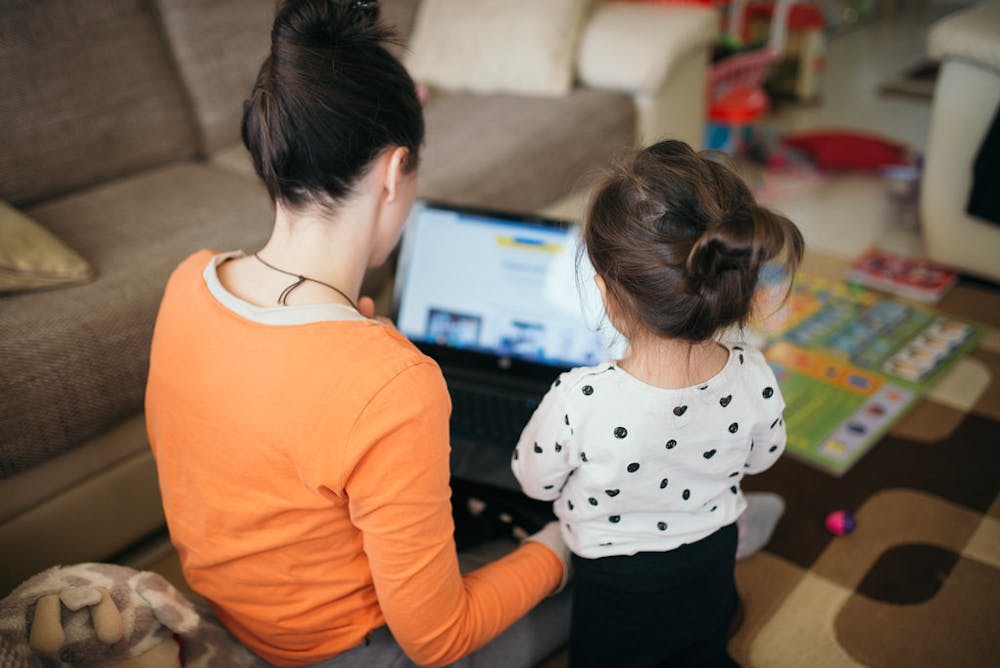The School of Public Health has released a new virtual course titled COVID-19 Vaccine Ambassador Training: How to Talk to Parents. The course, completely free on Coursera, is the latest offering from the Hopkins COVID-19 Training Initiative, which aims to share COVID-19 training support for public health workers across the United States.
According to the School of Public Health’s press release, the goal of the course is to empower more people to communicate with parents in the U.S. who have concerns about vaccinating their school-age children despite the “availability of safe, effective and free COVID-19 vaccines for children ages 5 and up.” The Centers for Disease Control and Prevention recommend that everyone older than 5 years get vaccinated. However, according to data from the American Academy of Pediatrics, as of Feb. 9, 2022, only 6.5 million children between 5 and 11 years old, or 23% of that age group, have been fully vaccinated.
Rupali Limaye serves as the course instructor. She is director of behavioral and implementation science at the School of Public Health’s International Vaccine Access Center. Her team developed the course over a period of three months and recruited a parent advisory group composed of six parent volunteers who have children under 12 from different U.S. states.
Limaye discussed how the parent advisory group provided valuable feedback in developing the course, including simplifying the delivery, in an interview with The News-Letter.
“They helped us think of not only content, but also delivery and format,” she said. “They suggested doing whiteboard videos and making them short and to the point.”
Since its launch, the course has been taken by over 18,000 people. Limaye was pleased by the course’s positive reception from a wider range of audience than expected.
“Although the course was designed for members outside of the health-care community, we ended up having a combination of parents, teachers and health-care workers taking it,” she said. “We were delighted to find that members of the Baltimore City Health Department were taking it.”
The virtual course runs for approximately three hours and is divided into five sections. The first section covers the sources of vaccine hesitancy and communicative approaches for vaccine conversations, which center around cultivation empathy. The second and third sections of the course run through the fundamentals: how COVID-19 spreads, how the immune system works with the vaccines and how the vaccines are regulated and distributed. The fundamentals are followed by a short overview of how to spot misinformation online. The last section of the course discusses why parents should vaccinate their children between the ages of 5 and 11.
Further concerns and inquiries have arisen with recent updates on the potential rollout of vaccine use for children ages 6 months to 5 years old. The Food and Drug Administration (FDA) had originally planned to authorize a two-shot regiment for this age group, but the plan was postponed. Dr. Peter Marks, head of the FDA’s vaccine division, said the updated date submitted by Pfizer/BioNTech, which includes waiting for data about the third vaccine dose in young children, did not support the plan to get the first two doses out early.
Limaye discussed how the team plans to continue to iterate the course in the future depending on the authorization of the COVID-19 vaccine in children under five years old.
“We will likely update the course if it does come through,“ she said. “We know it is delayed for at least a couple months.”





